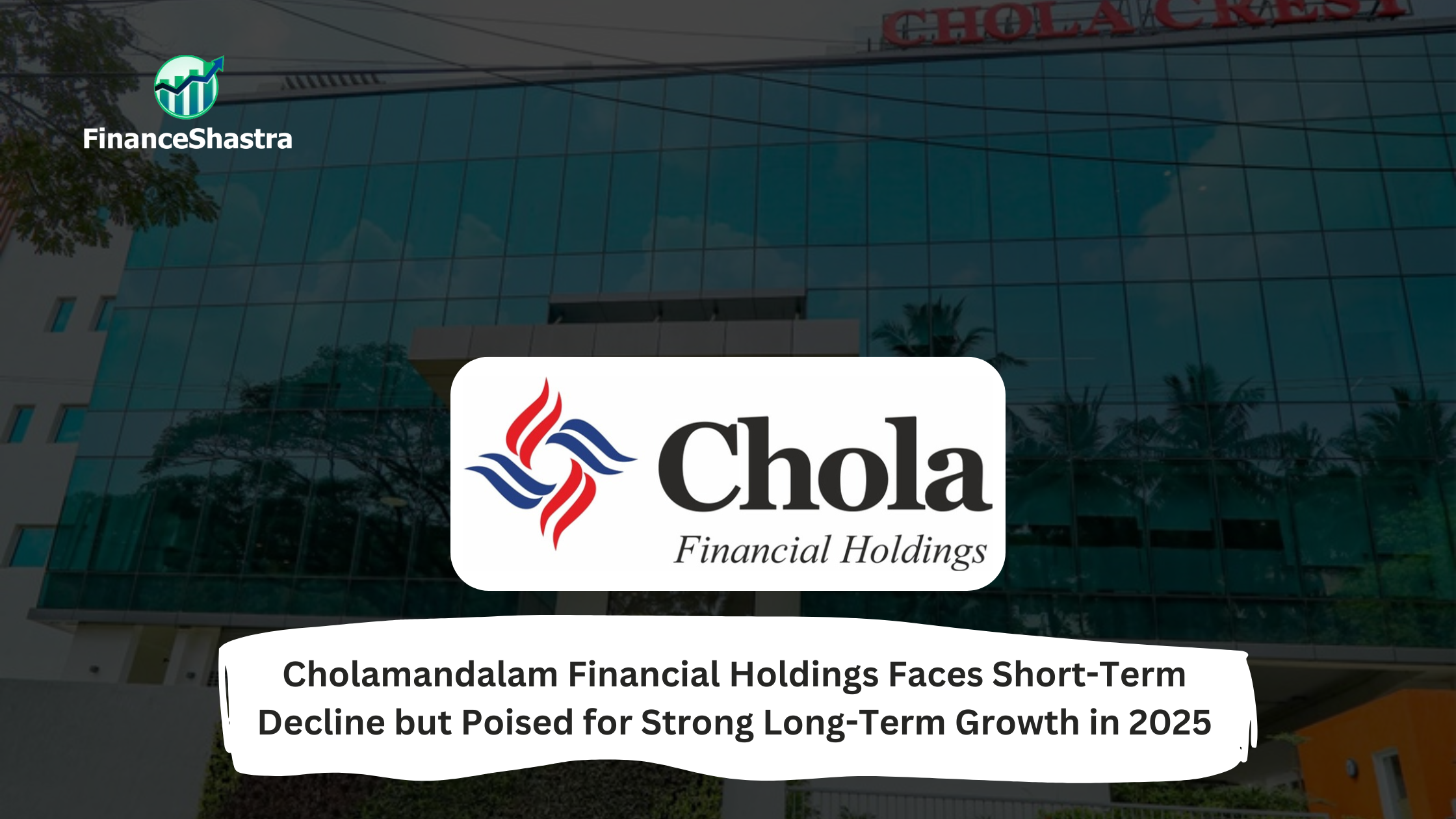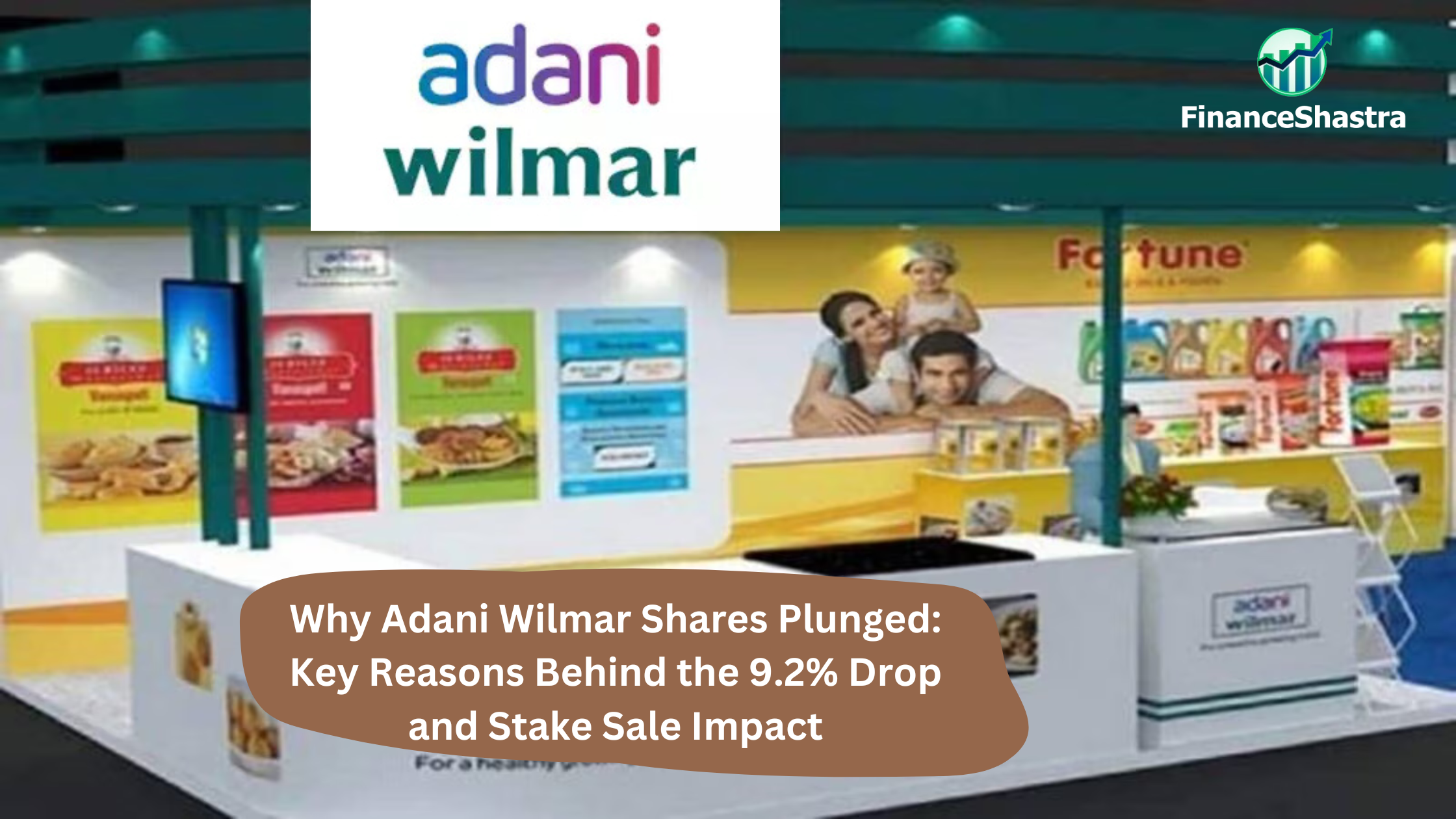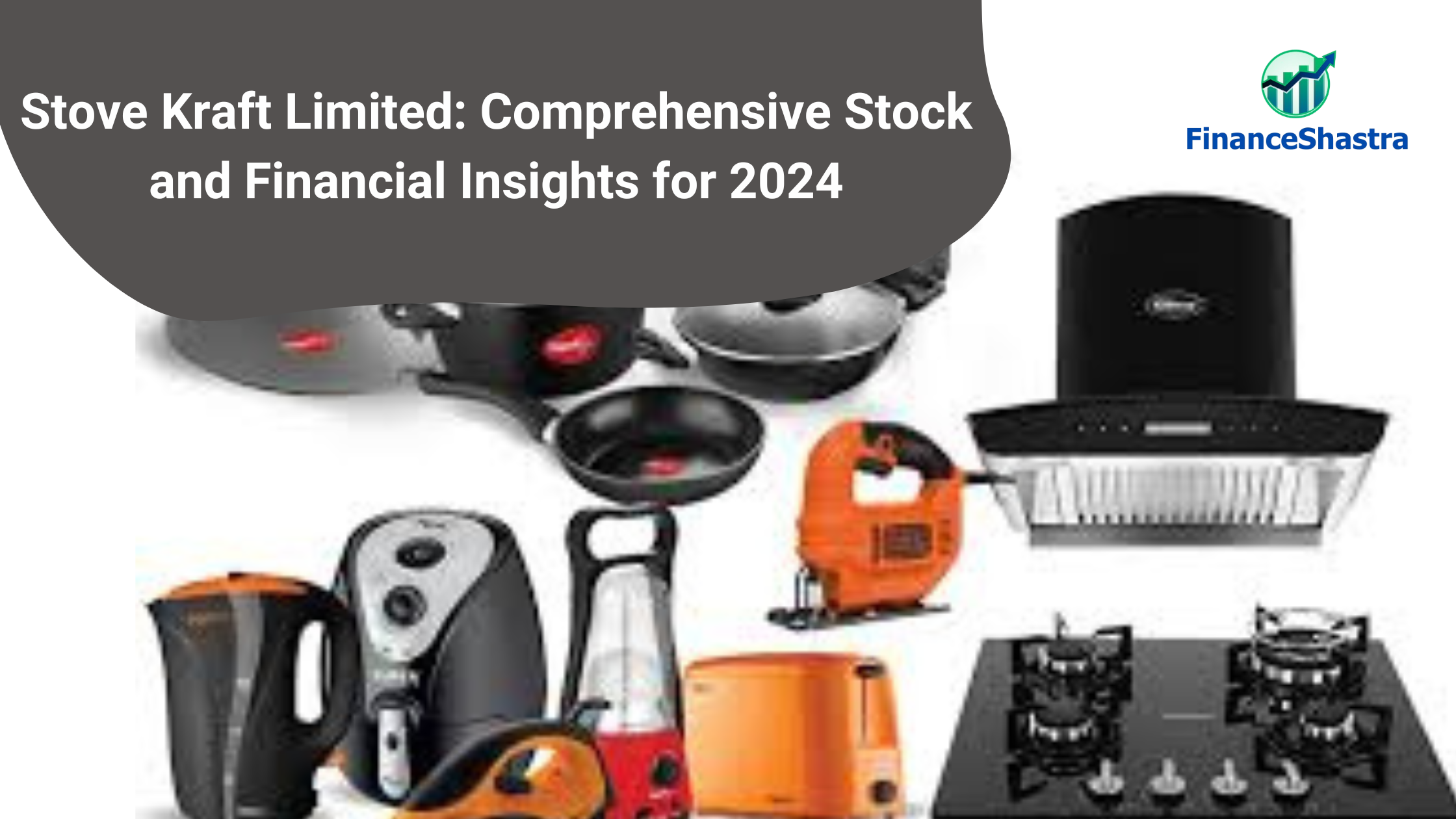Maharashtra Scooters Ltd: Unique Business Model, High Margins & Low Return Ratios Explained
Business and Industry Overview:
Maharashtra Scooters Limited (MSL) was established in 1975. It was a joint venture between Bajaj Auto and Western Maharashtra Development Corporation (WMDC). The company started by manufacturing Priya scooters. These scooters were very popular in India. MSL set up its factory in Satara, Maharashtra. Commercial production began in 1976. MSL had a technical agreement with Bajaj Auto. This allowed MSL to use Bajaj’s technology. The agreement lasted for 10 years or until MSL made 3 lakh scooters, whichever was later. Over time, MSL expanded its production capacity. By 1996-97, it could manufacture 1.5 lakh scooters per year. MSL set up an eco-friendly coating plant in 1998-99 to improve quality. This helped in bthe etter finishing of products. In 1999-2000, MSL received ISO 9002 and ISO 14001 certifications. These proved that MSL maintained high quality and followed environmental safety standards. Over the years, demand for geared scooters started to decline. Due to this, MSL stopped manufacturing scooters in 2006-07. The company then shifted its focus. It started making die-casting dies, jigs, fixtures, and other metal parts. These parts were mainly used in the automobile industry. MSL later expanded its business. It started supplying parts to telecom companies. It also made components for generator manufacturers, electric vehicle (EV) makers, and LED light companies. The company saw new opportunities in these industries. In 2019, there was a major change in ownership. The Supreme Court ordered WMDC to sell its 27% stake in MSL to Bajaj Holdings and Investment Ltd. (BHIL). After this, BHIL’s share increased to 51%. This made MSL a subsidiary of BHIL. Today, MSL earns most of its money through investments. It owns large shares in Bajaj Auto, Bajaj Finserv, and Bajaj Holdings. The company is classified as a Core Investment Company (CIC). This means it mainly invests in other companies. 90% of its assets are invested in Bajaj Group companies. The remaining amount is placed in safe investments like debt instruments. MSL does not need approval from the Reserve Bank of India (RBI). It is a debt-free company. This means it does not borrow money from banks or lenders. It has strong financial health. MSL also pays high dividends to its shareholders. The company is valued at ₹12,700 crore (as of 2025). While its main business is investments, MSL continues to grow its manufacturing operations. It is expanding into different industries. The company sees future opportunities in making high-quality metal parts for various sectors. Maharashtra Scooters Limited (MSL) works in two areas. It makes auto parts and invests in Bajaj Group companies. The Indian automobile industry is growing fast. More people have money to spend. India also has a large young population. This increases demand for vehicles. In September 2024, India made 27.73 lakh vehicles. These include cars, bikes, and three-wheelers. The EV market is also growing fast. In 2021, it was worth $250 billion. By 2028, it may grow five times to $1,318 billion. The Indian government supports this change. It wants 30% of new vehicles to be electric by 2030. India may also lead in shared mobility and self-driving vehicles. This can bring $200 billion in investments in the next 10 years. MSL earns money from shares too. It invests in Bajaj Auto, Bajaj Finserv, and other Bajaj companies. The Indian stock market is growing quickly. More than 9.5 crore retail investors have entered the market. Foreign companies are also investing in India. The automobile sector received $36.26 billion in foreign investment by March 2024.
The government is helping the automobile sector grow. It launched the PM E-DRIVE scheme with $1.3 billion. This plan runs from October 2024 to March 2026. It will boost EV sales and set up charging stations. The FAME scheme also supports electric vehicles. Other programs, like the Automotive Mission Plan 2026, will help India become a global leader in automobiles. Vehicle demand is rising. More companies are investing in EVs. The government is providing strong support. MSL will benefit from all these changes. It will grow in both auto parts and stock investments.
Maharashtra Scooters Limited (MSL) has two main businesses. It makes auto parts for Bajaj Auto. It also invests in Bajaj Group companies. These include Bajaj Auto, Bajaj Finance, and Bajaj Finserv. This helps the company earn in two ways. First, it earns by selling auto parts. Second, it earns from its investments. MSL is backed by Bajaj Holdings. This gives it strong financial support. The demand for auto parts is growing. More people are buying vehicles. This helps MSL’s manufacturing business. Its investments also grow when Bajaj companies do well. This makes MSL financially stable. However, there are risks. MSL depends mostly on Bajaj Auto for sales. If Bajaj Auto buys fewer parts, MSL’s earnings may drop. Its investments depend on the stock market. If stock prices fall, its income may reduce.
The auto industry is growing fast. MSL is in a strong position. But it needs to depend less on Bajaj Auto. This will help it grow in the long run.
Latest Stock News:
Maharashtra Scooters Ltd. has a very high price-to-earnings (P/E) ratio of 72.3. This means investors are paying a lot for each rupee the company earns. In India, most companies have a P/E ratio below 24. This suggests Maharashtra Scooters’ stock is expensive. The company’s earnings have dropped by 19% in the past year. But in the last three years, it has grown by 13% in total. Investors might believe the company will do well in the future. But its recent earnings decline could be a warning sign. The company also has a low return on equity (ROE) of 0.87%. This means it is not making high profits from the money shareholders have invested. As of March 28, 2025, Maharashtra Scooters’ stock price is ₹11,097.95. This is 5.35% lower than the previous price of ₹10,288.90. The stock price has gone up and down in the past year. It reached a high of ₹12,788.00 and a low of ₹7,025.05. In September 2024, the company gave an interim dividend of ₹110 per share. This gives a dividend yield of 1.65%. The company’s profit has grown well, with a 22.6% annual growth rate over the last five years. It also has a high dividend payout ratio of 85.1%. The company’s total market value is ₹12,706.74 crore. On February 21, 2025, Maharashtra Scooters announced that it would close its factory in Satara. The company will also transfer its leasehold rights for the factory land and sell its machinery. This update was shared as per SEBI rules. This decision may affect the company’s future performance. Investors should keep an eye on further updates.
Potentials:
Maharashtra Scooters Ltd. is making big changes in its business. The company has decided to shut down its factory in Satara. It will also transfer its leasehold rights on the factory land. In addition, it will sell all its machinery from the factory. This means the company may stop manufacturing completely. Instead, it may focus more on investments. Maharashtra Scooters earns most of its money from investments. It owns shares in Bajaj Group companies. These include Bajaj Auto and Bajaj Finserv. The company has shown strong profit growth. Over the last five years, its profit has grown at a rate of 22.6% per year. It also shares a large part of its earnings with investors. It has a high dividend payout ratio of 85.1%. In September 2024, it paid ₹110 per share as an interim dividend. This gave investors a 1.65% return on their investment. Despite good profits, the stock price is very high. The price-to-earnings (P/E) ratio is 68.5x. Most Indian companies have a P/E below 24x. This shows investors have high hopes for Maharashtra Scooters. But in the last year, the company’s earnings have dropped by 19%. This is not a good sign. If profits do not improve, the stock price may fall. As of March 28, 2025, the stock price is ₹11,097.95. It has dropped by 5.35% from ₹10,288.90. In the past year, the stock reached a high of ₹12,788.00. It also hit a low of ₹7,025.05. The company’s total market value is ₹12,706.74 crore. Maharashtra Scooters has not shared clear plans. But its recent actions show a shift towards investments. Investors should be careful. If the company does not grow as expected, the stock price may fall.
Analyst Insights:
- Market capitalisation: ₹ 12,806 Cr.
- Current Price: ₹ 11,205
- 52-Week High/Low: ₹ 12,847 / 7,237
- Stock P/E: 72.4
- Dividend Yield: 1.50%
- Return on Capital Employed (ROCE): 0.88%
- Return on Equity (ROE): 0.87%
Maharashtra Scooters Ltd. is growing well. Its revenue increased by 16% compared to last year. This is because it sold more scooters and got better prices. The company’s profit increased by 19%. It saved money by cutting costs. It also made good returns from its investment in Bajaj Auto. The company’s profit margin is 30%, which is high. It does not have any loans, so it does not pay interest. This helps it keep more profit. Maharashtra Scooters regularly pays dividends to its investors. This makes it a good choice for long-term investment. The two-wheeler market is growing. More people in villages are buying scooters. People also want better and premium models. With this trend, Maharashtra Scooters can grow more in the future. But the stock price is trading at 72.4, which is very high compared to the industry average. Thus, it’s better to wait for the price drop before buying the stock.





